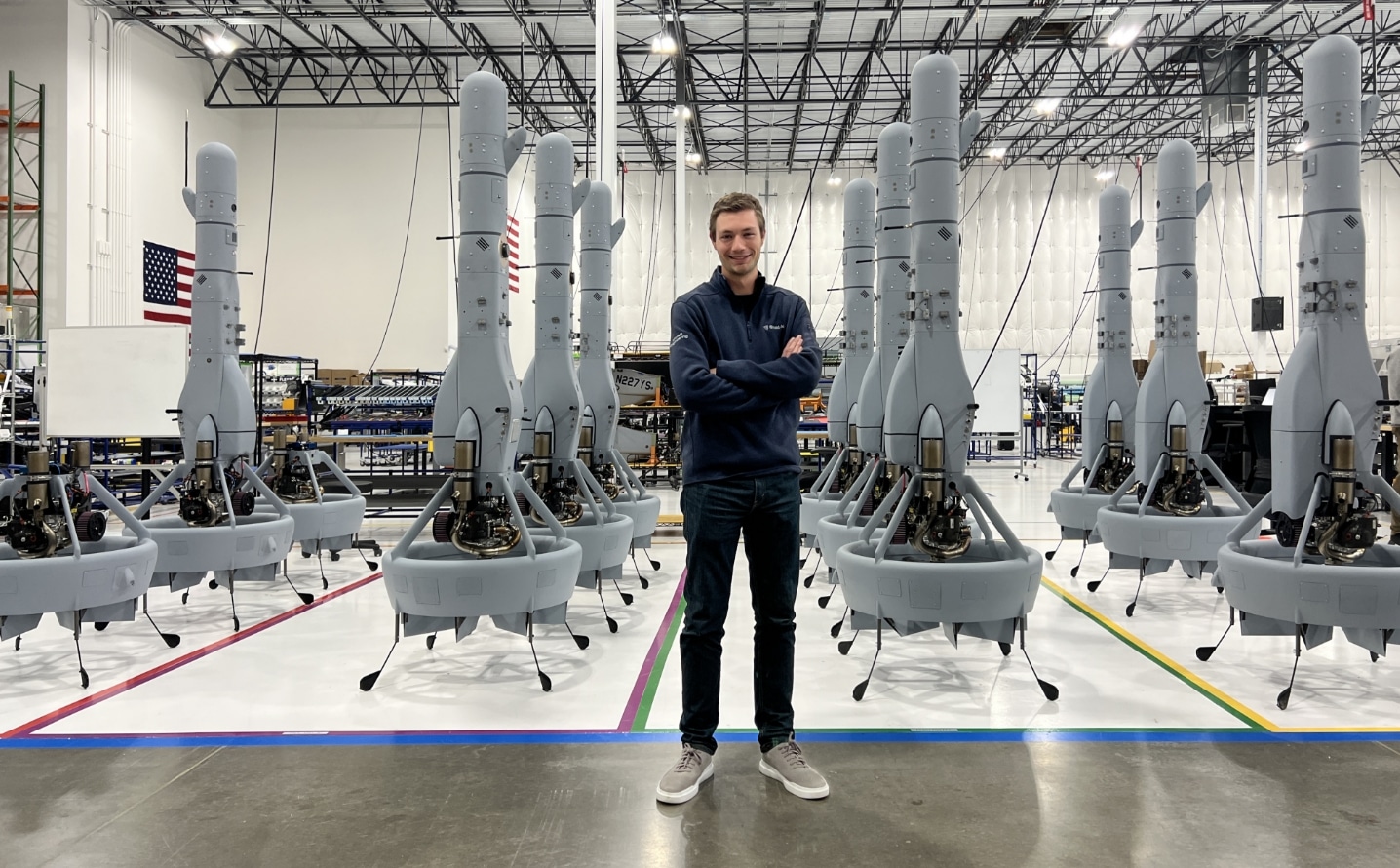SpaceX Launches AI Engineering Team to Transform Space Technology and Enhance Data Systems

SpaceX Unveils Ambitious AI Engineering Team for the Next Era of Space Innovation
Redefining Space Technology Through Specialized Software Talent
A major transformation is underway at SpaceX as the company actively seeks engineers with expertise in advanced computational intelligence. This recruitment marks a pivotal moment, signaling a strategic embrace of machine learning and data-centric systems to enhance not just the reliability and performance of rockets and spacecraft, but also to bolster the global connectivity ambitions of their satellite network. The move comes with an attractive compensation package, ranging from $120,000 to $170,000 annually, complemented by potential bonuses and equity incentives. This signals a commitment to drawing in top-tier professionals who can deliver at the cutting edge of both aerospace and data-driven technology.
The core responsibility for these roles centers on intricate software development that addresses the formidable challenges posed by enormous volumes of telemetry, navigation, and systems health data gleaned from spaceflight operations. Candidates are assessed not only for academic credentials—ranging from computer science to applied mathematics—but also for significant hands-on experience in implementing robust machine intelligence. Surprisingly, traditional aerospace experience is not deemed essential; rather, demonstrated excellence in devising solutions for complex information streams through intelligent automation is prioritized. This broadens the pool of eligible talent, opening doors to specialists with a diverse range of backgrounds in digital transformation and algorithm design.
Strategic Shift in Philosophy: From Skepticism to Adoption
There is notable significance in this evolving approach, as only a year prior, the leadership at SpaceX had publicly minimized the necessity for cognitive computation in their high-stakes engineering domains. Recent developments suggest an informed reassessment, driven by the exponential capabilities now offered by sophisticated algorithms—especially those adept at uncovering operational insights, optimizing hardware in real-time, and supporting autonomous decision-making processes across spacecraft and orbital internet systems. The alignment of technical staffing with these ambitions reflects a deeper recognition of how such advances can support both safety and efficiency for future crews and missions.
As data volumes grow with every new launch and the Starlink network expands to serve millions globally, the importance of scalable computational analysis and predictive systems grows in kind. Applying automated reasoning to monitor vehicle integrity, anticipate system anomalies, and manage satellite operations wirelessly becomes not just a matter of incremental improvement, but of maintaining technological leadership in a sector characterized by rapid evolution. These new hires will be tasked with developing tools and infrastructures that can handle vast, mission-critical data streams with both precision and speed.
The New Frontier: Integration of Intelligence and Engineering
Beyond the immediate technical work, this recruitment drive also symbolizes the broader evolution of the sector, blending deep engineering expertise with the latest advances in artificial reasoning and computerized problem-solving. The capacity to translate complex mission telemetry into actionable knowledge can drastically reduce risk, improve launch cadence, and facilitate a more responsive satellite constellation—all factors essential for competing in the global space and telecommunications market. Furthermore, the integration of such systems is poised to free up engineering resources, enabling teams to focus on creative solutions rather than routine data triage.
Pioneering these changes requires not only proficiency in cloud-based analytics, neural networks, and automation, but also a readiness to navigate the unique constraints of orbital environments where bandwidth, latency, and safety are constant concerns. The selection process emphasizes real-world accomplishments in these domains, with a preference for candidates who have tackled large-scale analytical challenges and can contribute immediately to high-impact spacefaring applications. The resulting synergy between intelligent automation and aerospace hardware promises to shape the next generation of exploration technologies and global internet infrastructure.
Opportunity and Vision for the Future
With its focus on innovation at the intersection of data systems and space technology, this initiative highlights the company’s long-term dedication to pushing boundaries and solving some of the toughest engineering problems on—and beyond—Earth. The team’s anticipated contributions will likely influence the way the industry approaches hybrid intelligence and automation in mission-critical environments, setting new standards for agility and resilience in both manned and unmanned missions. Dedicated individuals passionate about charting new territory in autonomous systems, orbital data management, and real-time analytics now have an opportunity to join an organization at the forefront of the new space race.
In summary, the launch of this new engineering effort exemplifies the ongoing convergence of software innovation with the exploration of the cosmos. By sourcing proven leaders in digital intelligence, SpaceX is not only evolving its approach to problem-solving but also positioning itself to define the future of connected, intelligent space infrastructure for years to come.
